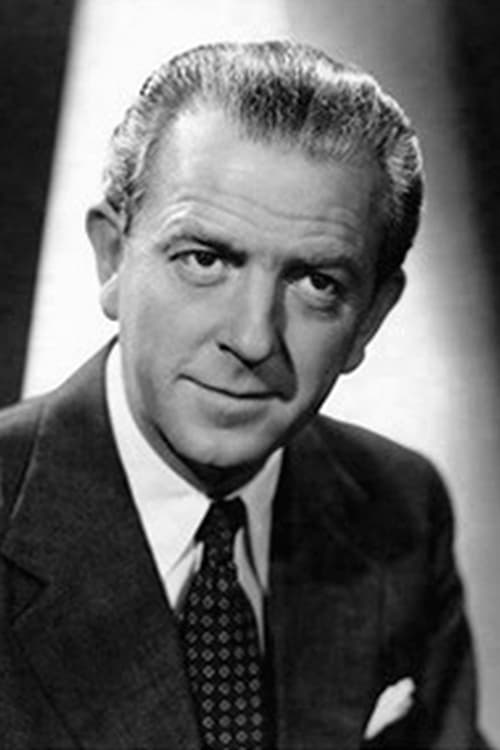
John Clements
Birth : 1910-04-25, London, England, UK
Death : 1988-04-06
History
From Wikipedia, the free encyclopedia
Sir John Selby Clements, CBE (25 April 1910 – 6 April 1988) was an English actor and producer who worked in theatre, television and film.
Clements attended St Paul's School and St John's College, Cambridge University then worked with Nigel Playfair and afterwards spent a few years in Ben Greet's Shakespearean Company. He made his first stage appearance in 1930. Clements founded the Intimate Theatre at Palmers Green in 1935, which is a combined repertory and try-out theatre. He appeared in almost 200 plays, and presented a number of plays in the West End as actor-manager-producer. He also started his film work in 1933. Clements was the artistic director of the Chichester Festival Theatre from 1966 to 1973.
He married the actress Kay Hammond and together they became a critical success on stage with their West End revival of Noel Coward's play Private Lives in 1945. In 1952 they both appeared in Clements' own play The Happy Marriage, an adaptation of Jean-Bernard Luc's Le Complexe de Philemon. Clements starred as Edward Moutlon Barrett in the musical Robert and Elizabeth, a successful adaptation of The Barretts of Wimpole Street. His stepson is the actor John Standing.
As a film actor John Clements came to prominence when the film director Victor Saville chose him to star opposite Ralph Richardson in South Riding (1938). The two actors were reunited in the very successful The Four Feathers (1939). After this Clements' film career was somewhat intermittent although he made a series of British war films for Ealing Studios and British Aviation Pictures, such as Convoy (1940), Ships with Wings (1942), Tomorrow We Live (1943), and as Yugoslav guerrilla leader Milosh Petrovitch in Undercover (1943). He had a cameo role (as Advocate General) in Gandhi (1982).
Clements was made a Commander of the British Empire (CBE) in 1956 and knighted in 1968.
Description above from the Wikipedia article John Clements, licensed under CC-BY-SA, full list of contributors on Wikipedia.
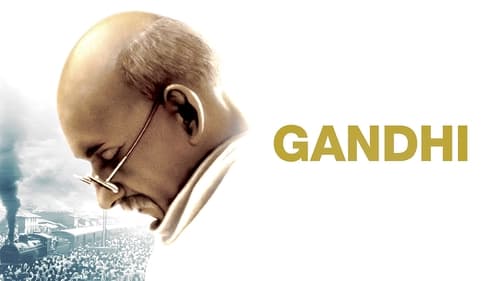
Advocate General
In the early years of the 20th century, Mohandas K. Gandhi, a British-trained lawyer, forsakes all worldly possessions to take up the cause of Indian independence. Faced with armed resistance from the British government, Gandhi adopts a policy of 'passive resistance', endeavouring to win freedom for his people without resorting to bloodshed.
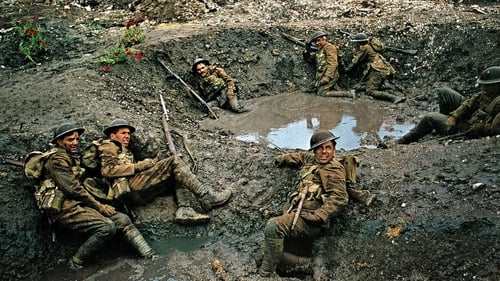
Gen. von Moltke
Satire about the First World War based on a stage musical of the same name, portraying the "Game of War" and focusing mainly on the members of one family (last name Smith) who go off to war. Much of the action in the movie revolves around the words of the marching songs of the soldiers, and many scenes portray some of the more famous (and infamous) incidents of the war, including the assassination of Duke Ferdinand, the Christmas meeting between British and German soldiers in no-mans-land, and the wiping out by their own side of a force of Irish soldiers newly arrived at the front, after successfully capturing a ridge that had been contested for some time.
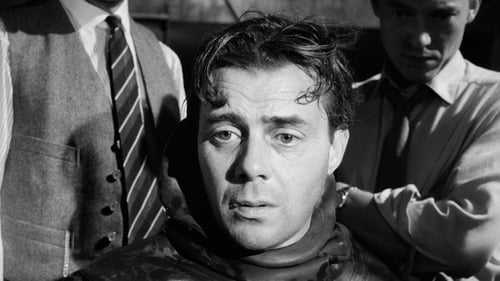
Major Hall
A British scientist is discovered to have been passing information to the Communists, then kills himself. Another scientist decides that they might have brainwashed him by a sensory deprivation technique, but he doesn’t know if someone really can be convinced to act against their strongest feelings. So he agrees to be the subject in an experiment in which others will try to make him stop loving his wife.
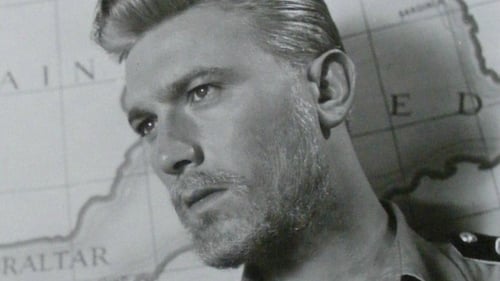
The Admiral
The Mediterranean, 1941/42 - Axis forces are using frogmen and manned torpedoes to attack previously impregnable harbours. The Allied forces need to come up with something to answer this threat, which they find in the form of Lt. Lionel "Buster" Crabb.

Raymond Hillary
A train disaster is told in four short stories to give character studies of the people involved, how it will affect them and how they deal with it.

Writer
A young man's passions are stirred by a beautiful Sicilian after his physician-wife is called away on an emergency.

Director
A young man's passions are stirred by a beautiful Sicilian after his physician-wife is called away on an emergency.

Julius Ikon
A young man's passions are stirred by a beautiful Sicilian after his physician-wife is called away on an emergency.

Joe Dinmore
People from different walks of life mysteriously find themselves at the gate of an unknown city
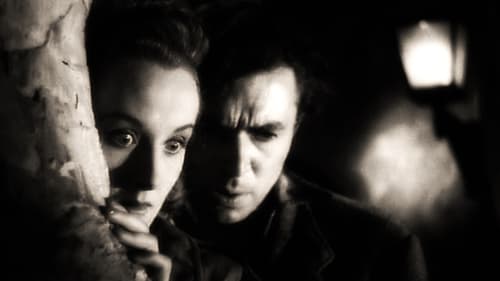
Additional Dialogue
Candlelight in Algeria is a 1944 British war film directed by George King and starring James Mason, Carla Lehmann and Raymond Lovell. This drama follows the exploits of Eisenhower's top aide, Mark Clark, and other important Allies as they journey to an important meeting held on Algeria's coast. The precise location of this vital secret gathering is upon a piece of film which must not fall into enemy hands
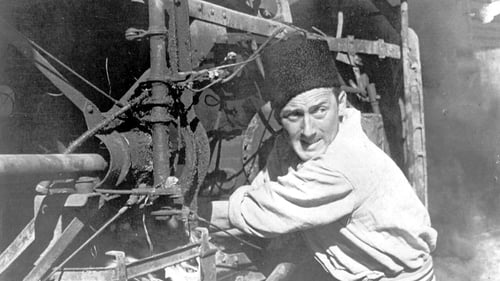
Milos Petrovitch
Occupied Yugoslavia. With organised resistance shattered by the Nazi onslaught it is only the activity of small guerrilla bands that bring fresh hope to the people. But quislings and infiltrators are everywhere – and trusting the wrong person could easily get you killed...
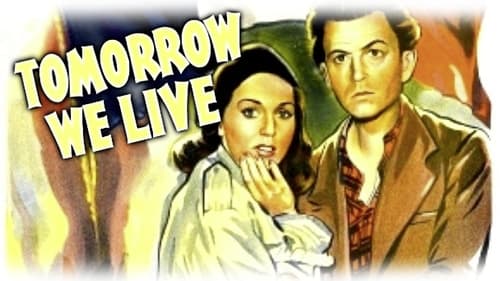
Jean Baptiste
British World War II film set in occupied France, portraying the activities of members of the French Resistance and the Nazi tactic of taking and shooting innocent hostages in reprisal for acts of sabotage. The opening credits acknowledge "the official co-operation of General de Gaulle and the French National Committee". It was released as "At Dawn We Die" in the US.

Lt. Dick Stacey
Before the war, a Fleet Air Arm pilot is dismissed for causing the death of a colleague. Working for a small Greek airline when the Germans invade Greece, he gets a chance to redeem himself and rejoin his old unit on a British carrier. This is regarded the last of the conventional, rather stiff 1930's style Ealing war films, to be succeeded by much more realism and better storytelling.

John Rookeby
Set in Claverly Village, it follows the fortunes of the Rookebys (Clements) and the ne'r-do-well Appleyards (Williams) from the time of the Normans, 1588, 1804, 1914, and 1940. Made to support morale during the war, its message is basically that you can't suppress the British; they've been there since the beginning; they'll be there to the end.
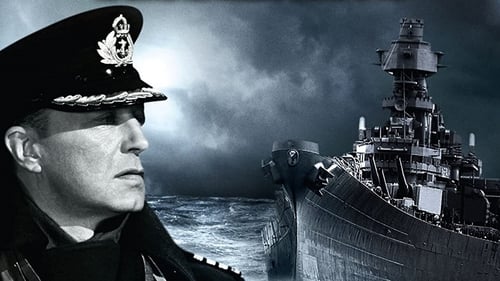
Lieutenant Cranford
A tale of life on board a Royal Navy cruiser assigned to protect the vital convoys between America and England during WWII.
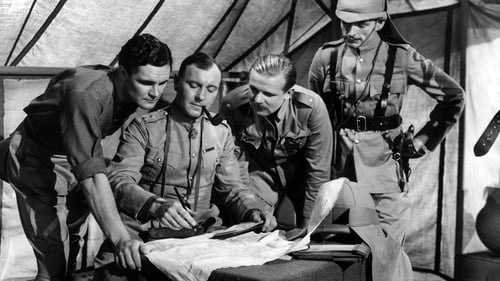
Harry Faversham
A disgraced officer risks his life to help his childhood friends in battle.
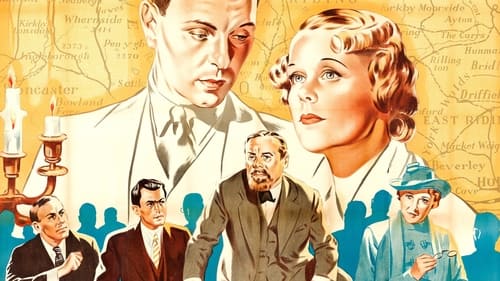
Joe Astell
Winifred Holtby realised that Local Government is not a dry affair of meetings and memoranda:- but 'the front-line defence thrown up by humanity against its common enemies of sickness, poverty and ignorance.' She built her story around six people working for a typical County Council:- Beneath the lives of the public servants runs the thread of their personal drama. Our story tells how a public life affects the private life; and how a man's personal sufferings make him what he is in public. " Corruption, intrigue and romance in a Yorkshire setting. A country squire whose wife is in a mental hospital becomes attracted to a crusading local schoolmistress.

Paul Huston, alias Truxa
English-language version or remake of the German film, TRUXA (1937).

Poushkoff
British agent working in Russia is forced to remain longer than planned once the revolution begins. After being released from prison in Siberia he poses as a Russian Commissar. Because of his position among the revolutionaries, he is able to rescue a Russian countess from the Bolsheviks.
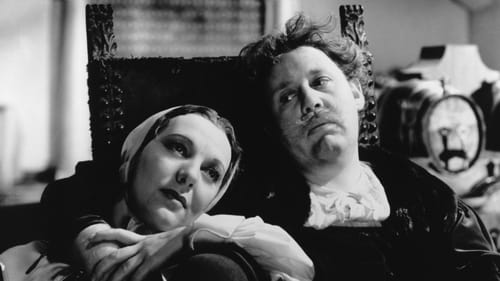
Govaert Flinck
This character study joins the painter at the height of his fame in 1642, when his adored wife suddenly dies and his work takes a dark, sardonic turn that offends his patrons. By 1656, he is bankrupt but consoles himself with the company of pretty maid Hendrickje, whom he's unable to marry. Their relationship brings ostracism but also some measure of happiness. The final scenes find him in his last year, 1669, physically enfeebled but his spirit undimmed.

The Airman (uncredited)
The story of a century: a decades-long second World War leaves plague and anarchy, then a rational state rebuilds civilization and attempts space travel.

Edward Teale
When a small English town is dragged out into space by the force of a 'dead star' passing Earth, the populace try to organise a local government based on equal rights for all, but conflicts arise between the local aristocracy and the villagers.

















